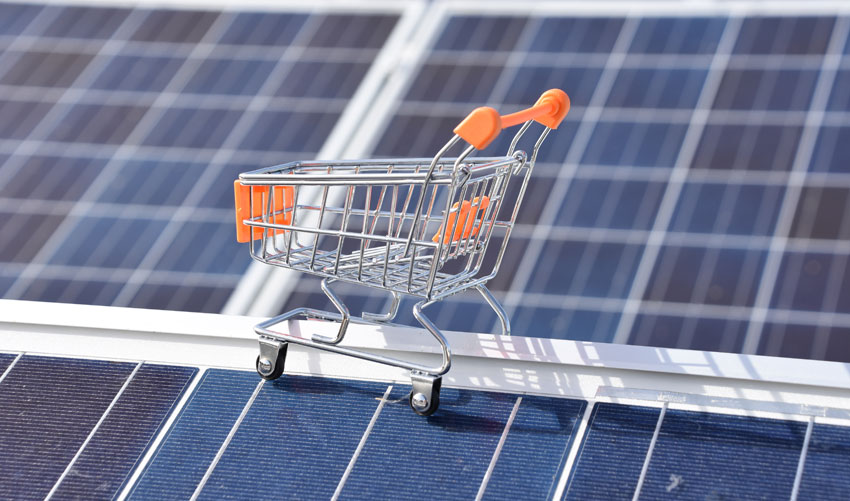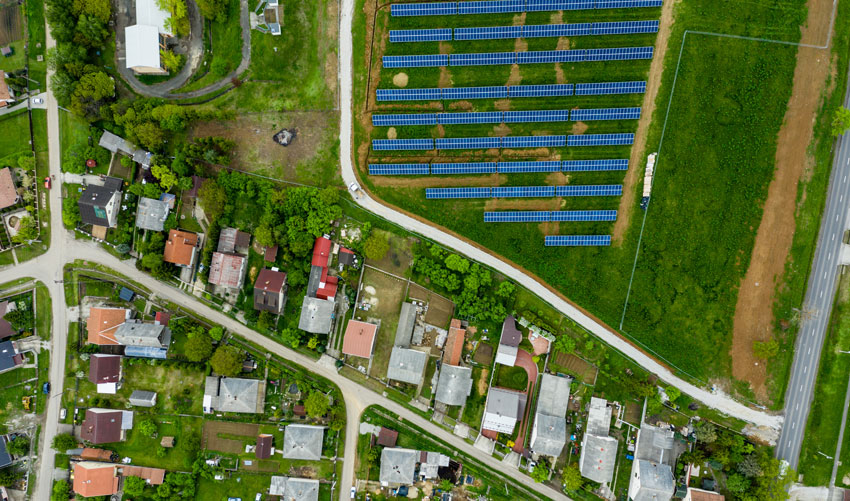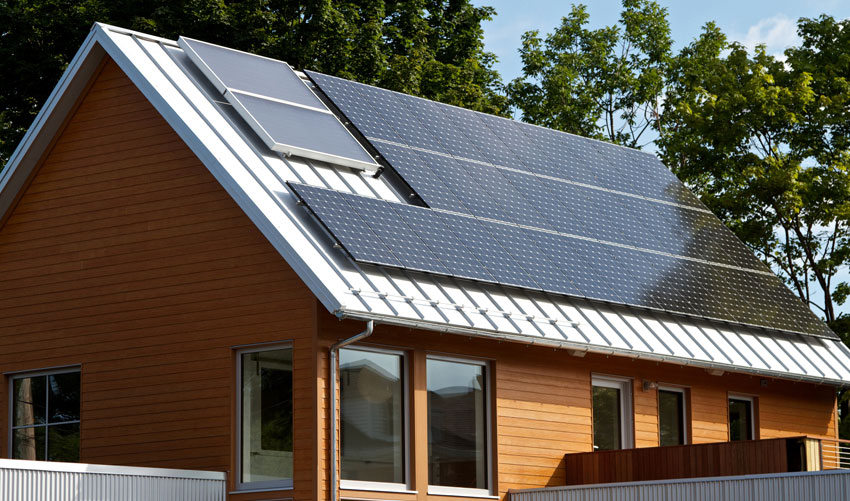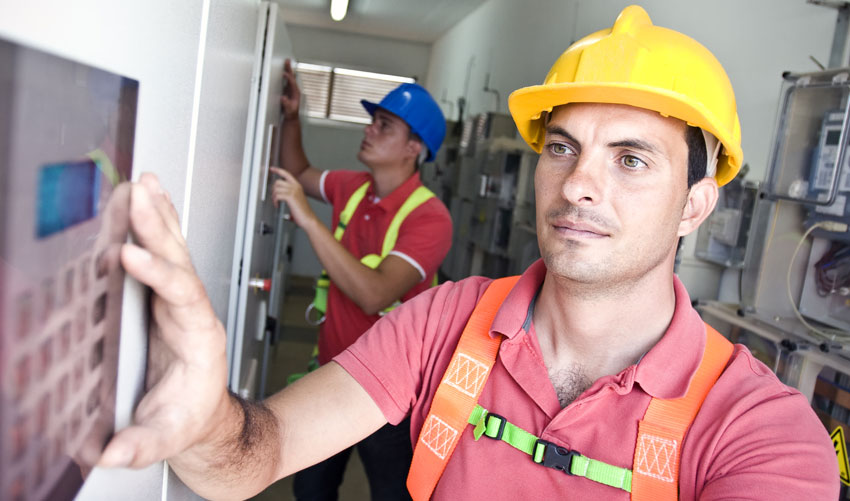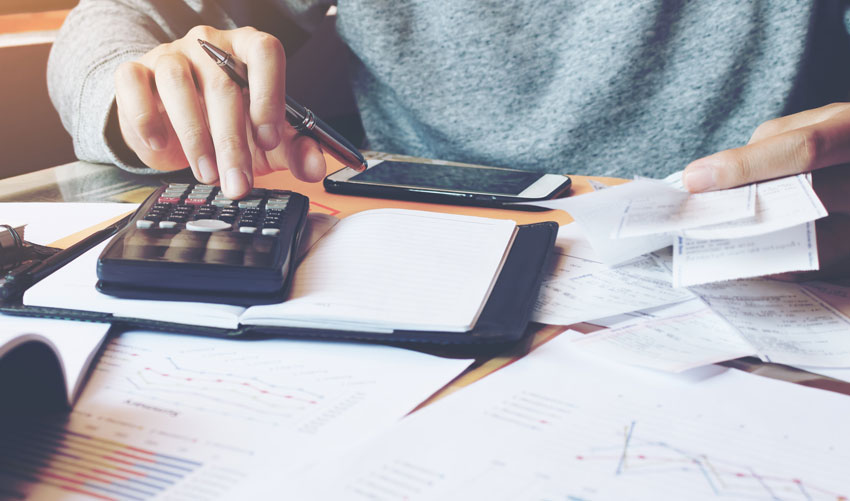Solar power and its influence throughout the market is becoming more prevalent each year. There are plenty of new options and opportunities that are being introduced to the market. Thus, the question becomes a lot less about if you should invest in solar energy and more how you should invest in solar energy.
Should you lease solar for your home or should you put in the short-term investment with the intention of long-term savings? Here are the pros and cons of leasing solar versus buying solar:
Leasing Solar
Leasing solar is an option for you to receive the benefits of solar energy without having to pay the upfront cost of solar. There are plenty of different leasing options available from various different companies across the United States. The deal that you can make throughout the various leasing option channels depends on the state and company you decide to lease with.

With those options, there are also plenty of reasons that make leasing solar a benefit and a disadvantage, depending on what you are looking for in your solar journey.
Pros of Leasing Solar
Solar leasing has many of the benefits that come with leasing everything, from cars to homes. However, there are also a few convincing reasons why you might want to lease solar, over buying it:
Solar Savings: The way that solar leasing works is that you make set monthly payments for the panels, and you are entitled to all the electricity they produce. This offers a low-cost option for people to help the environment without an upfront cost. Additionally, at the end of the lease, many lenders offer you the option to buy the panels at a discounted rate. So, in essence, solar leasing offers a “try before you buy option” that can be extremely effective.
No Responsibility or Maintenance: Since you do not own your solar power system, you do not have the responsibility to maintain it. That means you are not putting out the money for cleaning and repairs. Plus, you don’t have to worry about voiding your warranty by trying to maintain the solar power system yourself. All of the maintenance and (if needed) repairs should be covered by the leasing company.
Consistent Rate: Unfortunately, many solar options still vary depending on where you live, what time of year it is, and what the weather is like. This could make your utility bill, even with solar, hard to budget for, as it could change monthly. However, when you are leasing solar, you are locked into a rate that you agree to before starting the term leasing period. That means that no matter what, you will know exactly what you are paying for the term of the contract, which is usually 15-20 years.
Cons of Leasing Solar
While solar leasing might be optimal for many households, there are some cons to leasing solar power that make people stop and think before diving into a contract:
No Ownership: Most people strive for ownership of the things they want. While you can lease a car, rent a house, or even lease your television set, there is a certain sense of pride in owning your possessions. Unfortunately, when you lease a solar energy system, you do not own it.
No Government Benefits: There are a lot of solar energy benefits that are offered both by state and through the federal government. These benefits could save you thousands of dollars but you are only eligible for these benefits if you buy a solar power system. When you lease, the company may be eligible for rebates and benefits but you are not.
Rate Increases: Solar companies that offer leasing options need to make money. So, to avoid breaking even or going into the red with solar leases, it is typical for there to be a rate increase each year, for 25 years. The terms and rates of the agreement differ but usually, the rate increase is somewhere around 2.9%.
Buy Your Solar Energy System
Buying your solar energy system makes it an asset. You save money on your utility bills and you have much more control over how your solar energy system is maintained. The only thing that is keeping you from doing whatever you want with your solar energy system when you buy it is voiding the warranty. Otherwise, it is yours…for better or for worse.
Of course, that is not to say that you should be hesitant in buying your solar energy system at all. After all, whether you buy or lease your solar you are still making a commitment. So, here are the pros and cons of buying your solar energy system:
Pros of Buying Your Solar Energy System
There are plenty of reasons buying a solar energy system is beneficial to people throughout the United States. Having the chance to own something so revolutionary is pretty cool and the fact that it is helping the environment is even better. Here are the pros of buying your solar energy system.
Rebates: When solar energy systems first came out, they were obnoxiously expensive. Fortunately, since 2008, solar energy systems have gotten much more affordable, with systems that start at only $9,000 in total installation costs. However, even more than that, depending on where you live and the impact solar is having on your area, you can get government and state rebates that can cut the cost of buying your solar energy system up to fifty-percent!
Best Overall Investment: Even though there is an upfront cost, once you have paid off your solar panels there is nothing else you need to pay for, besides your solar power. All of the benefits of your investments are yours to enjoy.
Control Over Your Solar Power: There are many different ways that you can use and share your solar energy. You can sell excess energy to your state and you even have the option to hook up to a communal system with one or more neighbors. However, you can only participate in most of these beneficial options if you own your solar energy system.
Cons of Buying Your Solar Energy System
There are also some issues that could arise from you buying your solar energy system. Whether these issues are due to your present situation or personal preference, here are some cons to buying a solar energy system:
Up Front Cost: Any way you put it, buying a solar energy system has an upfront cost that is quite hefty. Whether you are doing the deal in cash or getting a loan, you are still dropping at least nine thousand dollars for a brand new energy power system and that is a lot of money for anyone. While the savings are good in the long-term, it might not be feasible for someone to spend or borrow that kind of money.
You Can’t Take It With You: When you buy a house, you are aware that most of the time, you cannot take your house with you when you move. However, a house has a value that can be invested many times over. Even though a solar power system could be beneficial for selling a house (if it’s paid off) it is much more appealing to take it with you. However, that is not possible. Therefore, if you invest in buying a solar power system, you should plan to live in your home for a few decades at least to get the most out of your investment.
You are Responsible for Maintenance that Can be Costly: Solar energy systems are generally low-maintenance. However, if your panels do get dirty or need maintenance, you are responsible and that can be costly. After all, it is on the roof most of the time, so it can be difficult to reach. Additionally, there are warranty concerns that can make it necessary for you to hire a crew to clean or do repairs on your system.
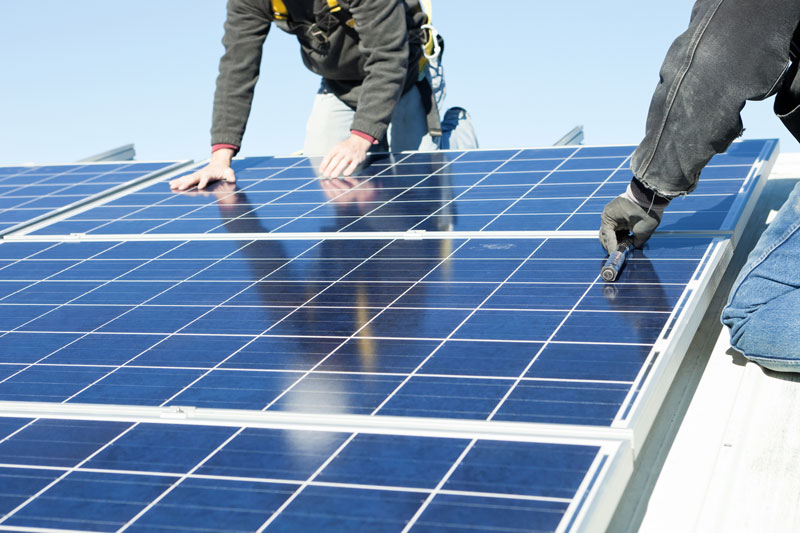
When it comes down to it, the decision whether to lease or buy needs to suit your situation best. Now that you know the pros and cons of leasing solar vs. buying solar energy, it should be easier to figure out which option is most beneficial to your family, lifestyle, and financial situation.
